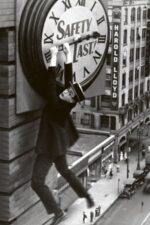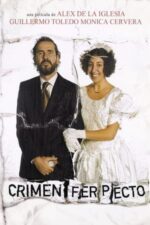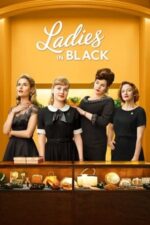More Than Just Sales Racks: The Unexpected Storytelling Power of Department Stores on Film
Isn't it fascinating how a seemingly mundane location – a department store – can become such fertile ground for storytelling? We don’t often think about it, but these sprawling temples of consumerism have popped up in films across genres and decades, offering more than just window displays and seasonal sales. They’re mirrors reflecting societal anxieties, stages for romantic entanglements, and even the backdrop for surprisingly poignant explorations of human nature.
Think about it: department stores are inherently liminal spaces. They're places where people from all walks of life converge, drawn by the promise of something new, something desirable. That inherent mix creates a built-in tension – a potential for connection, misunderstanding, and even conflict. Are You Being Served? The Movie, with its chaotic Costa Plonka adventure, perfectly encapsulates this absurdity, highlighting how cultural clashes can erupt even within the supposedly ordered environment of retail. It's pure comedic chaos, but it also subtly pokes fun at our assumptions about luxury and belonging.
But department stores aren’t always played for laughs. The Good Fairy, set in 1930s Budapest, uses the cinema-adjacent setting to explore themes of integrity and deception with a surprising amount of heart. It's a reminder that even within seemingly respectable institutions, people are grappling with complex moral choices. And speaking of complex choices, You and Me takes a darker turn, using the department store as a symbol of hope – a place where second chances are offered – only to have it threatened by betrayal and desperation. The contrast is stark and deeply affecting.
What I find particularly compelling is how these films often use the anonymity afforded by a large retail space to explore identity. In The Devil and Miss Jones, John P. Merrick’s disguise as a sales clerk allows him to observe his employees and understand their grievances, but it also forces him to confront his own privilege. It's a clever commentary on power dynamics and the disconnect between those who hold it and those who don't. It reminds me of how often we hide behind facades in our own lives – both online and off.
Even lighter fare like Christmas in July and Bachelor Mother utilize the department store setting to great effect, grounding fantastical situations (a fake telegram! a mistaken identity!) within a recognizable, everyday world. They’re charming reminders that even amidst chaos and confusion, there's always room for hope and connection.
So next time you’re browsing through a department store – maybe searching for the perfect gift or just killing some time – take a moment to appreciate its cinematic potential. You might be surprised at how much these spaces have to tell us about ourselves and the world around us. And who knows, maybe it'll inspire you to seek out one of these films (or all of them!) for a delightful dose of movie magic.







































